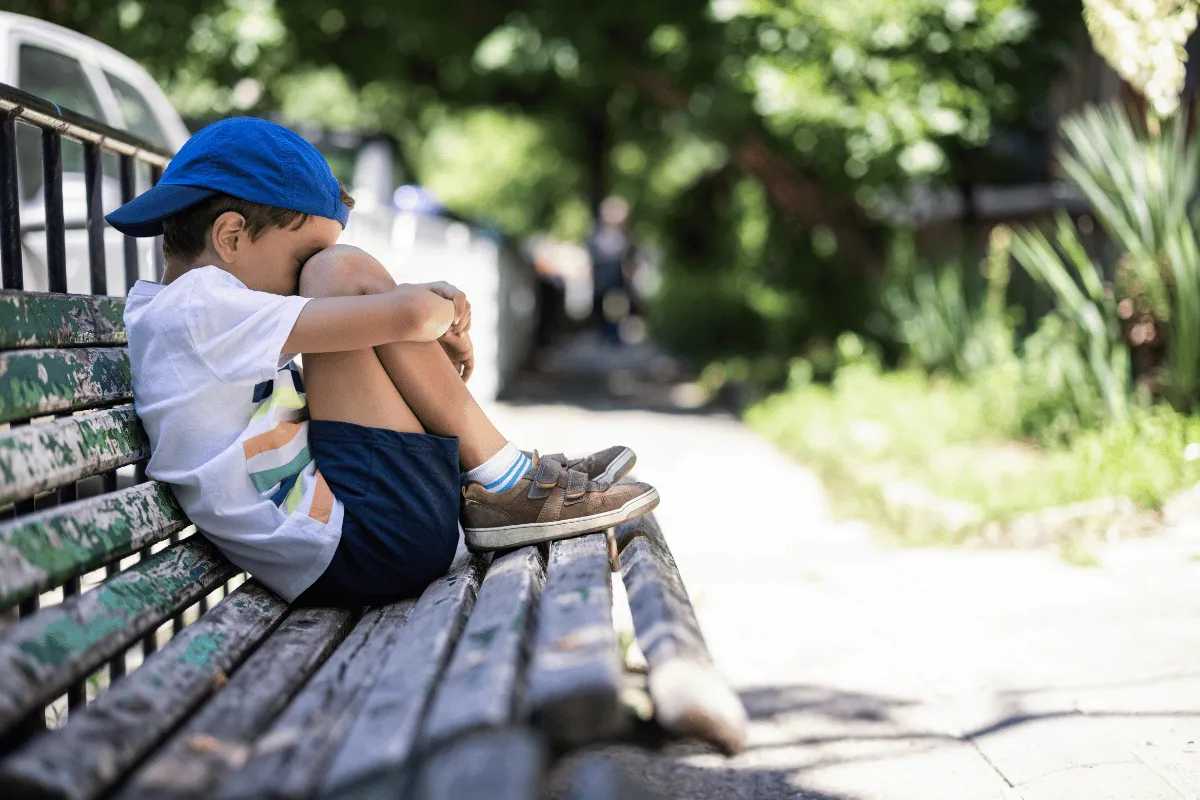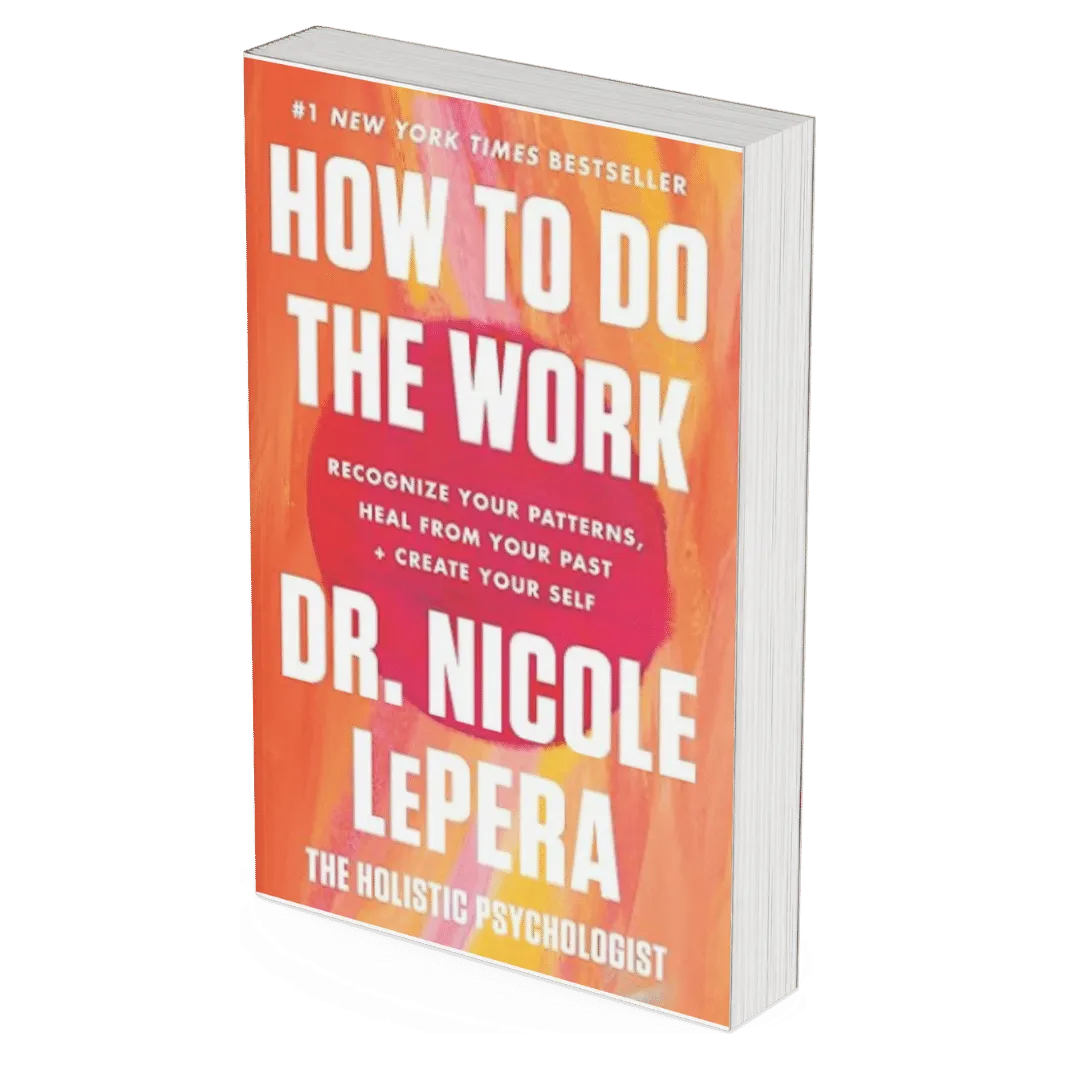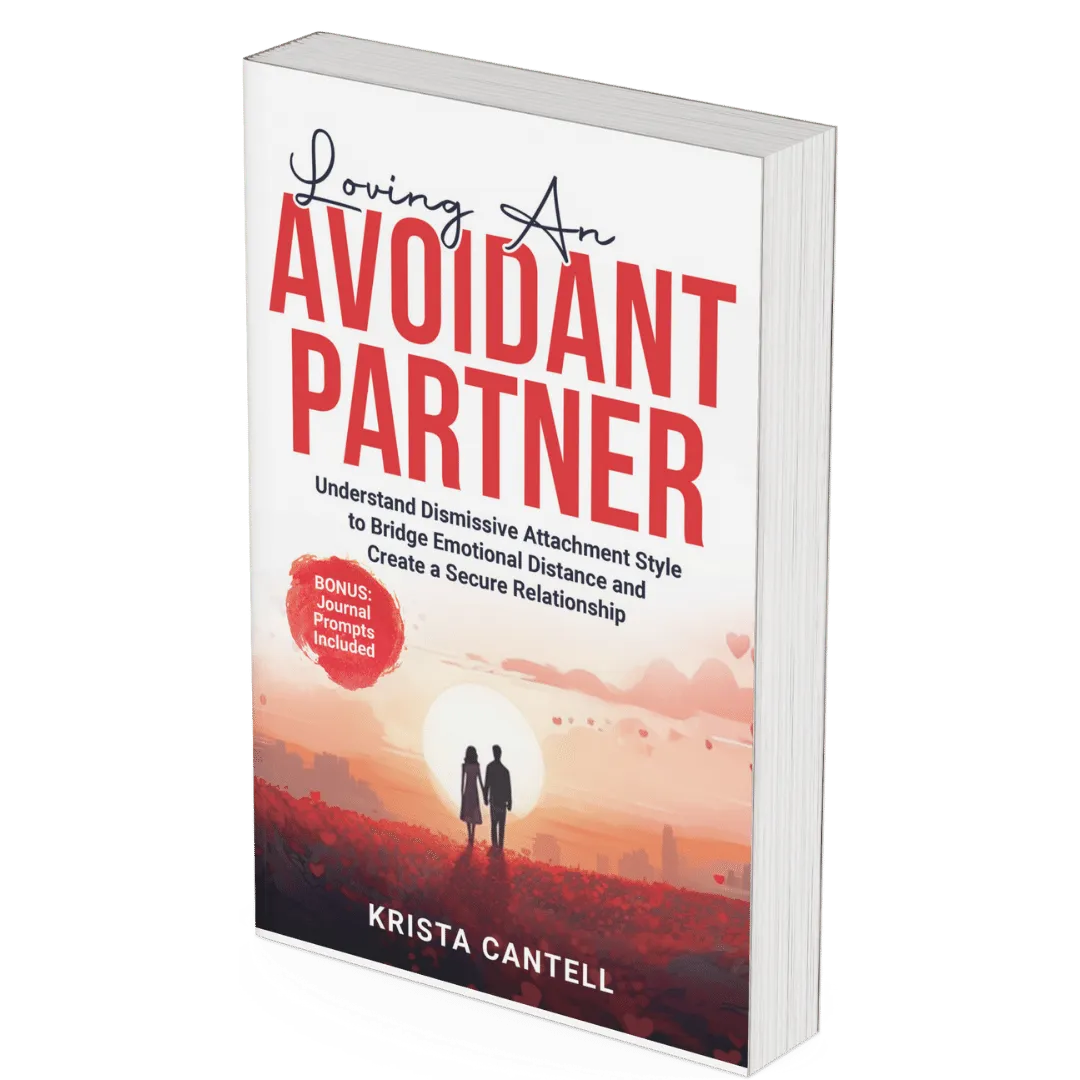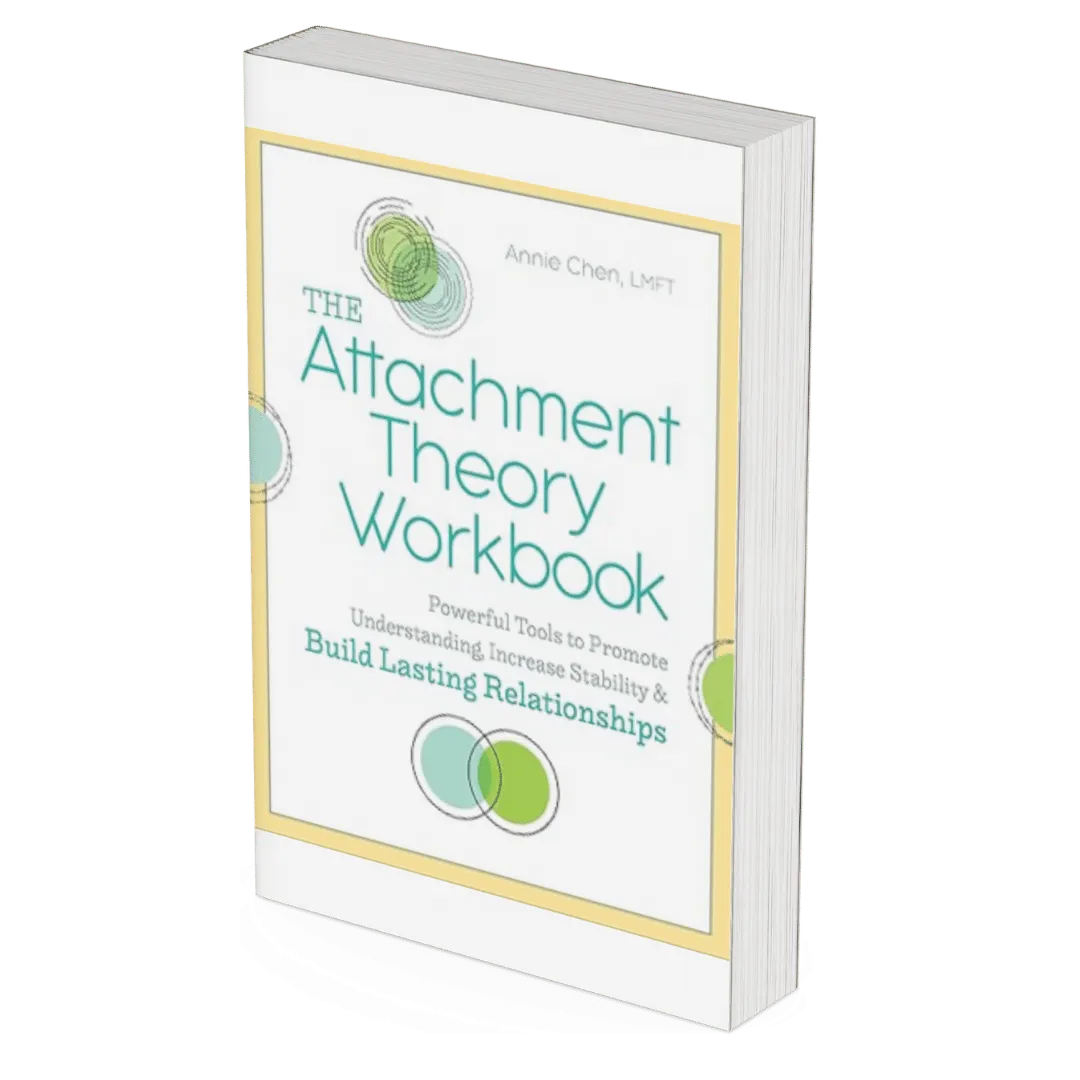Find Relationship and Attachment Therapy
Looking for resources on relationship and attachment therapy just got easier. Our comprehensive directory offers a straightforward path to connect with experienced coaches and therapists who specialize in nurturing healthier relationships and fostering secure attachments. Whether you're facing challenges in your personal connections or seeking to deepen your understanding of attachment styles, our platform is designed to help you find the right professional to guide you. Browse our listings at your own pace, and take the first step towards transformative support.
Want to Be on Our List? You Can!
Join our growing community of therapists and relationship coaches and unlock new opportunities to expand your practice. Our directory is the go-to destination for individuals seeking professional support in relationship and attachment therapy. By becoming a part of our network, you'll gain increased visibility among those who are actively looking for the expertise you offer.
We've created a platform that not only connects you with potential clients but also positions you within a professional community dedicated to making a difference in people's lives. Enjoy the benefits of our targeted marketing efforts that ensure your services reach the right audience.
Don't miss out on the chance to enhance your professional reach and impact. Sign up today to start building stronger connections and helping more people achieve healthier relationships.

Attachment Theory Blog

Childhood Trauma Impacts Adult Relationships
Childhood trauma can have a lasting impact on an individual's life, including their ability to form and maintain healthy relationships in adulthood. Childhood trauma can come in many forms, such as physical, emotional, or sexual abuse, neglect, or exposure to violence. These experiences can leave a lasting impression on a child's developing brain and can affect their ability to trust others, regulate their emotions, and form healthy attachments.
Understanding the effects of childhood trauma on adult relationships is crucial for individuals who have experienced trauma and for those who interact with them. Research has shown that adults who have experienced childhood trauma are more likely to struggle with forming and maintaining healthy relationships, including romantic relationships, friendships, and relationships with family members. These individuals may struggle with communication, intimacy, and trust, which can lead to difficulties in their relationships.
Despite the challenges that childhood trauma can present in adult relationships, healing and overcoming trauma is possible. With support and therapy, individuals can learn to regulate their emotions, build trust, and form healthy attachments with others. It is important to recognize that healing is a process and may take time, but with the right resources and support, individuals can overcome the effects of childhood trauma and build healthy, fulfilling relationships.
Key Takeaways
Childhood trauma can impact an individual's ability to form and maintain healthy relationships in adulthood.
Adults who have experienced childhood trauma may struggle with communication, intimacy, and trust in their relationships.
With support and therapy, individuals can heal and overcome the effects of childhood trauma, and form healthy, fulfilling relationships.
Understanding Childhood Trauma
Types of Childhood Trauma
Childhood trauma can take many forms, ranging from physical and sexual abuse to emotional neglect. The following are some common types of childhood trauma:
Physical abuse: This involves any type of physical harm inflicted on a child by an adult, such as hitting, slapping, or shaking.
Sexual abuse: This refers to any sexual activity between an adult and a child, including touching, fondling, or penetration.
Emotional abuse: This involves any type of emotional harm inflicted on a child by an adult, such as belittling, ridiculing, or ignoring.
Neglect: This refers to a failure to provide a child with basic needs, such as food, shelter, and medical care.
It's important to note that childhood trauma can also be the result of witnessing violence or experiencing a traumatic event, such as a natural disaster or the death of a loved one.
Long-Term Psychological Effects
Childhood trauma can have a profound impact on a person's psychological well-being, leading to a range of long-term effects. Some of these effects may include:
Post-traumatic stress disorder (PTSD): This is a mental health condition that can develop after experiencing a traumatic event. Symptoms may include flashbacks, nightmares, and avoidance behaviors.
Depression: Childhood trauma can increase the risk of developing depression later in life.
Anxiety: Trauma can also increase the risk of developing anxiety disorders, such as generalized anxiety disorder or panic disorder.
Substance abuse: Individuals who have experienced childhood trauma may be more likely to engage in substance abuse as a way of coping with their emotions.
It's important to seek professional help if you or someone you know has experienced childhood trauma and is struggling with its long-term effects. With the right treatment and support, it's possible to heal and move forward.
Childhood Trauma in Adult Relationships
Attachment Styles and Intimacy
Adults who experienced childhood trauma often struggle with forming healthy attachment styles and maintaining intimate relationships. Attachment styles are the patterns of behavior that individuals develop in relationships with others. Childhood trauma can cause individuals to develop insecure attachment styles, such as anxious or avoidant attachment, which can lead to difficulties in forming and maintaining healthy relationships.
Anxious attachment style is characterized by a fear of abandonment and a need for constant reassurance. Individuals with this attachment style may become overly dependent on their partner and experience jealousy and possessiveness. On the other hand, avoidant attachment style is characterized by a fear of intimacy and a tendency to withdraw from emotional connection. Individuals with this attachment style may have difficulty expressing their emotions and may avoid close relationships altogether.
Communication Patterns and Conflict Resolution
Childhood trauma can also impact communication patterns and conflict resolution in adult relationships. Individuals who experienced childhood trauma may struggle with expressing their needs and emotions effectively, leading to misunderstandings and conflicts in their relationships. They may also have difficulty regulating their emotions, leading to outbursts or shutting down during conflicts.
In addition, childhood trauma can affect an individual's ability to trust their partner and feel safe in the relationship. This can lead to a lack of communication and avoidance of conflict, which can ultimately damage the relationship.
Overall, understanding the impact of childhood trauma on adult relationships is crucial for individuals who have experienced trauma and their partners. By recognizing the challenges that childhood trauma can pose in forming and maintaining healthy relationships, individuals can work towards healing and building stronger, more fulfilling relationships.
Healing and Overcoming Trauma
Therapy and Support Systems
Therapy and support systems are crucial for individuals who have experienced childhood trauma. Seeking help from a mental health professional can provide a safe and supportive environment to process and work through past traumas. There are various forms of therapy that can be helpful, such as cognitive-behavioral therapy (CBT), dialectical behavior therapy (DBT), and eye movement desensitization and reprocessing (EMDR).
In addition to therapy, support systems such as support groups or close relationships with friends and family can provide a sense of community and validation. It is important to have a support system that understands and acknowledges the impact of childhood trauma on adult relationships.
Building Healthy Relationship Skills
Individuals who have experienced childhood trauma may struggle with building and maintaining healthy relationships. It is important to learn and practice healthy relationship skills, such as effective communication, boundary-setting, and conflict resolution.
Learning these skills can be done through therapy, support groups, or self-help resources. Practicing these skills in safe and supportive relationships can also be helpful in building confidence and trust in oneself and others.
Overall, healing and overcoming childhood trauma is a journey that requires patience, self-compassion, and support. Seeking help from therapy and support systems, as well as learning and practicing healthy relationship skills, can aid in the healing process and lead to more fulfilling adult relationships.
Frequently Asked Questions
What are common symptoms of childhood trauma in adults?
Adults who have experienced childhood trauma may exhibit a range of symptoms, including anxiety, depression, low self-esteem, and difficulty with trust and intimacy. They may also struggle with emotional regulation, experience flashbacks or nightmares, and have difficulty forming and maintaining healthy relationships.
How can unresolved childhood trauma manifest in adult romantic relationships?
Unresolved childhood trauma can manifest in adult romantic relationships in a number of ways. For example, individuals may struggle with trust and intimacy, have difficulty communicating their needs and emotions, and may engage in self-sabotaging behaviors. They may also experience intense emotional reactions and have difficulty regulating their emotions in response to stressors within the relationship.
In what ways does childhood abuse influence future relationships?
Childhood abuse can have a profound impact on future relationships. Individuals who have experienced abuse may struggle with trust, intimacy, and communication, and may have difficulty forming and maintaining healthy relationships. They may also be more likely to experience emotional and physical abuse in adulthood.
What are the potential effects of childhood trauma on marital outcomes in adulthood?
Childhood trauma can have a significant impact on marital outcomes in adulthood. Individuals who have experienced trauma may be more likely to experience conflict, have difficulty with emotional regulation, and struggle with trust and intimacy. They may also be more likely to experience divorce or separation.
How can adults transcend their childhood trauma within their relationships?
Transcending childhood trauma within relationships can be a challenging process, but it is possible. It often involves working with a therapist to develop healthy coping mechanisms, learn effective communication skills, and process unresolved emotions. It may also involve setting healthy boundaries within relationships and developing a strong support system.
What is the relationship between toxic relationships in adulthood and childhood trauma?
Childhood trauma can increase an individual's risk of experiencing toxic relationships in adulthood. Individuals who have experienced trauma may be more likely to engage in self-sabotaging behaviors, struggle with trust and intimacy, and have difficulty setting healthy boundaries. They may also be more likely to attract partners who exhibit toxic behaviors, such as emotional or physical abuse.











